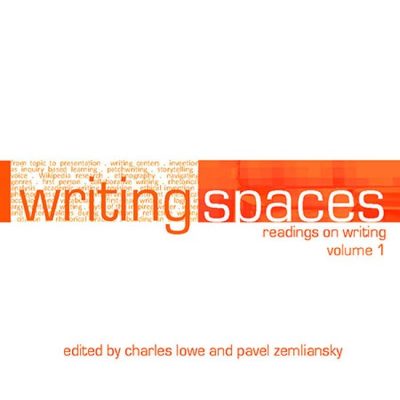9 Rebecca Jones’s Finding the Good Argument or Why Bother with Logic?
Writing Spaces Volume 1
The article explains the negative connotations associated with written arguments and how those connotations have impacted the concept’s interpretation. Essentially, the article explains how argument has been compared to the Western connation of war and the belief that there is a “right” side and “wrong” side, a “good” side and a “bad” side. The article explains the unrealistic nature of this interpretation, asserting that arguments are intended to be logical explanations supported by facts and reasoning that are intended to be understood, not absolute. Instructors can use the different ways for breakdown and understanding an argument’s structure that are included in the article to help students properly analyze and evaluate arguments for their strength and validity. Students will understand that an argument is not based on right or wrong, but logic, reason, and support. This will help them judge an argument based on its components, not on their feelings and personal beliefs. In turn, they will learn how to better structure their own arguments, relying on evidence, explanation, and logic to convey their beliefs and assumptions.
“Rather than an either/or proposition, argument is multiple and complex. An argument can be logical, rational, emotional, fruitful, useful, or even enjoyable. As a matter of fact, the idea that argument is necessary *and therefore not always about war or even about winning) is an important notion in a culture that values democracy and equity.”
MLA Citation Examples
Works Cited
Jones, Rebecca. “Finding the Good Argument OR Why Bother With Logic?.” Writing Spaces: Readings on Writing Volume 1, edited by Charles Lowe and Pavel Zemlianksky, Parlor Press, 2010, pp. 156-179.
In-text citation
“Rather than an either/or proposition, argument is multiple and complex. An argument can be logical, rational, emotional, fruitful, useful, and even enjoyable. As a matter of fact, the idea that argument is necessary (and therefore not always about war or even about winning is an important notion in a culturenthat values democracy and equity” (160).
APA Citation Examples
References
Jones, R. (2010). Finding the good argument or why bother with logic? In Charles Lowe and Pavel Zemliansky (Eds.), Writing Spaces: Readings on Writing, vol. 1 (pp. 156-179). New York: Parlor Press.
In-text citation
“Rather than an either/or proposition, argument is multiple and complex. An argument can be logical, rational, emotional, fruitful, useful, and even enjoyable. As a matter of fact, the idea that argument is necessary (and therefore not always about war or even about winning is an important notion in a culturenthat values democracy and equity” (p. 160).
Chicago Citation Examples
Bibliography
Jones, Rebecca. “Finding the Good Argument OR Why Bother With Logic?” in Writing Spaces: Reading on Writing Volume 1, ed. Charles Lowe and Pavel Zemliansky (New York: Parlor Press, 2010), 156-179.
In-text citation
“Rather than an either/or proposition, argument is multiple and complex. An argument can be logical, rational, emotional, fruitful, useful, and even enjoyable. As a matter of fact, the idea that argument is necessary (and therefore not always about war or even about winning is an important notion in a culturenthat values democracy and equity” (Jones, 2010, 160).


